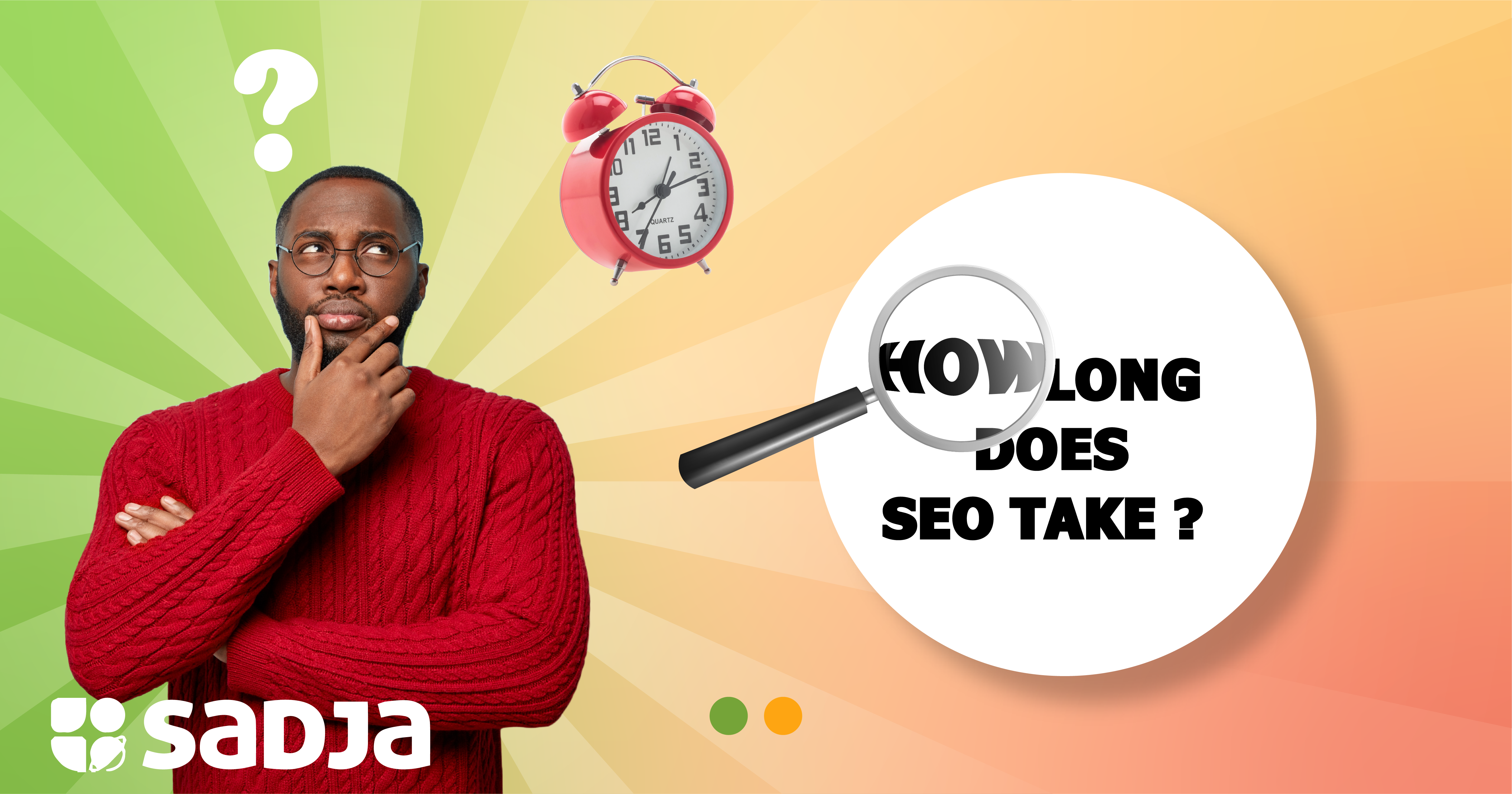What Should Your Website Be About?
There’s no one-size-fits-all answer to this question, as the right topic for your website depends on your business goals and target audience. However, there are a few general tips you can keep in mind when choosing a subject for your website:
1. Keep it relevant to your business
Your website should be about something relevant to your business. This could be your products or services, your industry, or something closely related to your work.
2. Make sure it’s something you’re passionate about
Your website will be more successful if you’re passionate about the topic. Choose something you’re interested in, so you’ll be more motivated to write about it and keep your site updated.
3. Consider your target audience
Consider your target audience when designing your website. What kind of data do they require or want? What do they find interesting? You can choose a topic that will interest your target audience by providing answers to these questions.
4. Keep it broad enough to cover multiple topics
While you don’t want your topic to be too general, you also don’t want it to be so specific that you can only write about one thing. Choose a topic you can write about in multiple ways to keep your content fresh and exciting.
5. Make sure it’s keyword-friendly
If you want your website to be found by potential customers, you need to choose a topic that includes keywords they are likely to search for—research what keywords are most relevant to your business and target audience.
 +256 206 300885
+256 206 300885



